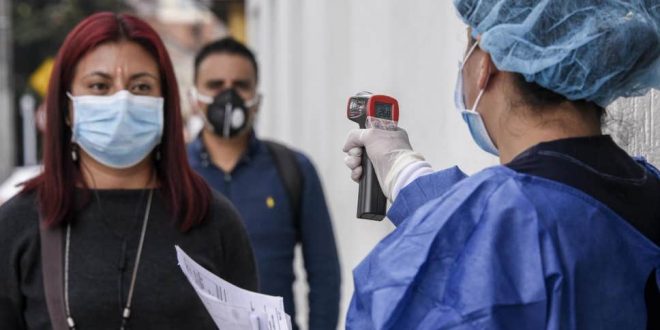Coronavirus sufferers are most likely to pass on the virus during their first week of symptoms, research suggests.
And with pressure on hospital beds, some of those beyond their tenth day of symptoms could safely be allowed home to self-isolate, a study says.
The researchers analysed throat and lung samples, sputum — mucus from the respiratory tract, and blood and urine from the patients.
They found high levels of virus “replication” in upper respiratory tract tissues, and high levels of “viral shedding” in the upper respiratory tract during the first week of symptoms.
“Based on the present findings, early discharge with ensuing home isolation could be chosen for patients who are beyond day 10 of symptoms with less than 100,000 viral RNA copies per ml of sputum.
“Both criteria predict that there is little residual risk of infectivity, based on cell culture.”
The scientists said further research could help to assess whether increases in the viral load of a patient after the first week of symptoms could signal an aggravation of symptoms.
The study, published in the Nature journal, was carried out by Christian Drosten from Charite Universitatsmedizin, Berlin, one of the world’s leading experts on coronaviruses, and colleagues.
The virus was not detected in patients’ blood or urine samples.
The Independent
 Lebanese Ministry of Information
Lebanese Ministry of Information



